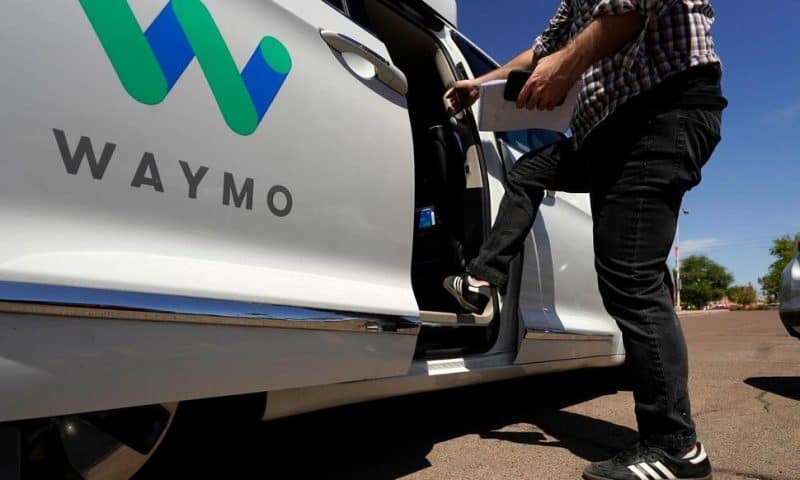Ride-hailing leader Uber on Friday announced it will dispatch robotaxis built by driverless technology pioneer Waymo beginning next year in Austin, Texas, and Atlanta in a deal that deepens the bond between once-bitter rivals
Ride-hailing leader Uber on Friday announced it will dispatch robotaxis built by driverless technology pioneer Waymo beginning next year in Austin, Texas, and Atlanta in a deal that deepens the bond between once-bitter rivals.
The alliance expands upon a partnership the two companies forged in Phoenix last year, signaling they were ready to set aside their differences and work together following a bruising legal battle revolving around allegations that Uber had stolen Waymo’s trade secrets.
Uber’s increasing reliance on Waymo’s robotaxis to supplement the fleet of cars driven by people responding to requests sent on a mobile app comes just a few weeks after it announced plans to deploy driverless cars from General Motors’ beleaguered Cruise subsidiary.
It hasn’t been revealed yet where Uber and Cruise will be working together next year, but it probably won’t be in California, where Cruise’s license remains suspended f ollowing a grisly October 2023 incident in San Francisco that seriously injured a pedestrian.
Unlike Cruise, Waymo so far hasn’t been involved in any major crashes or accidents that have sidelined its robotaxis, which are now giving more than 100,000 rides per week in San Francisco, Los Angeles and Phoenix, on its own ride-hailing app.
But Waymo’s robotaxis will be responding to requests on Uber’s app in Austin and Atlanta next year, instead of Waymo’s own.
Working through Uber’s already well established app in those cities signals that Waymo is looking at ways to introduce its driverless technology in new markets more quickly in an effort to make money to its corporate parent, Alphabet Inc., which also owns Google.
Although Alphabet doesn’t disclose Waymo’s financial results, the robotaxi service is believed to responsible for most of the $2.15 billion in operating losses posted by its “Other Bets” division during the first half of this year.
The cozy relationship between Uber and Waymo is a dramatic about-face from the legal bickering that culminated in the two sides agreeing to a $245 million settlement during a high-profile trial in 2018. The truce resolved a lawsuit alleging former Uber CEO Travis Kalanick conspired with former Google engineer Anthony Levandowski to steal Waymo’s self-driving car technology.
Levandowski later pled guilty to criminal charges that arose from the civil lawsuit, but avoided an 18-month prison sentence in January 2021 when he was pardoned by President Donald Trump just before he left office.
Uber subsequently sold the self-driving car division that triggered the theft allegations under current CEO Dara Khosrowshahi, after one of the company’s robotic vehicles killed a pedestrian in Tempe, Arizona, in March 2018.

